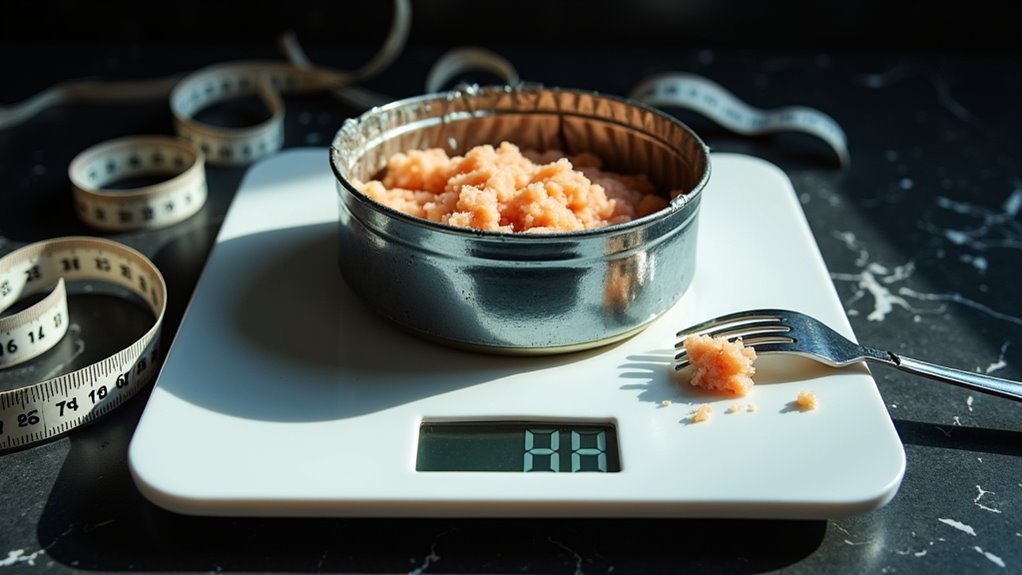Many dieters are turning to the tuna diet as a quick fix for shedding pounds. The appeal is obvious—low calories, high protein, and the promise of dramatic results in just days. But here’s the catch: this diet is exactly what nutritionists warn against. A classic fad diet, plain and simple.
The tuna diet involves consuming primarily tuna and water for the first three days. That’s it. Just fish and liquid. After this initial phase, some versions allow adding low-fat dairy, poultry, vegetables, and fruits. The diet claims to promote rapid weight loss through severe calorie restriction, with tuna providing about 30 grams of protein per 100-gram serving at only 100-150 calories.
Let’s get real. Sure, you’ll lose weight fast—anyone would on 500-800 calories a day. Water weight drops. The scale moves. You feel accomplished. Then what? Regular exercise can improve insulin sensitivity and support healthier weight loss approaches.
The problems stack up quickly. Mercury poisoning becomes a genuine risk with excessive tuna consumption. Your body starts screaming for missing nutrients. Fatigue sets in. Hunger becomes your constant companion. Your metabolism? It slows to a crawl.
The tuna-only trap: mercury rising, nutrients vanishing, metabolism crashing—all while your stomach growls in protest.
Nutritionally speaking, tuna does offer some benefits. It’s packed with omega-3 fatty acids, vitamins B6, B12, niacin, and selenium. Great stuff. But humans need more than fish can provide.
The science doesn’t support this approach either. No credible research backs the tuna diet as effective or healthy long-term. The EPA actually recommends limiting tuna consumption to 12 ounces per week to minimize mercury exposure risks. For safer consumption, experts recommend eating tuna only 2-3 times weekly to balance nutrition while avoiding excessive mercury exposure. The weight comes rushing back once normal eating resumes—often with interest.
Compare this to balanced diets that include a variety of foods, regular physical activity, and sustainable lifestyle changes. Those boring approaches actually work long-term. Shocking.
What’s particularly concerning is the impact on body composition. The severe calorie restriction leads to muscle loss—not just fat loss. Your metabolism takes a hit. When you inevitably abandon the diet (because who wouldn’t?), weight regain occurs faster than before.
The verdict? Skip the tuna diet. It’s not worth smelling like fish for a temporary drop on the scale.







